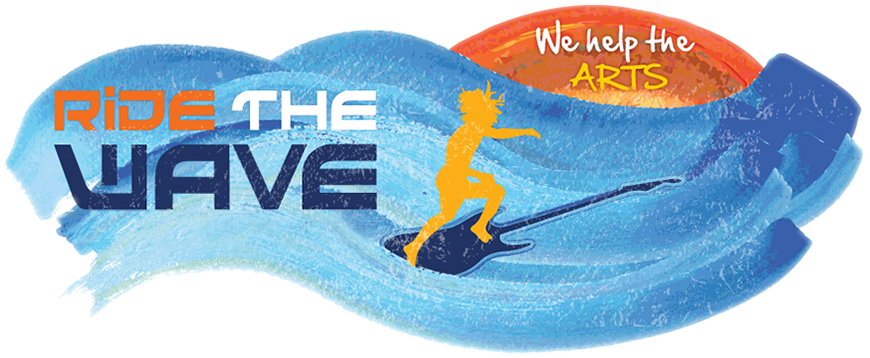"I believe very strongly in students being able to read and write very well, but I think we need to expand what we mean by reading and writing to include these new media forms. And we need a level of media literacy that includes a sophistication about how to use what media form, why, when and also when to shut it all and have a moment to really think through it all properly."
Today a new medium of communication emerges every time somebody creates a new web application. Yet these developments are not without disruption and peril. Familiar long-standing institutions, organizations and traditions disappear or transform beyond recognition. And while new media bring with them new possibilities for openness, transparency, engagement and participation, they also bring new possibilities for surveillance, manipulation, distraction and control. Critical thinking, the old mainstay of higher education, is no longer enough to prepare our youth for this world. We must create learning environments that inspire a way of being-in-the-world in which they can harness and leverage this new media environment as well as recognize and actively examine, question and even re-create the (increasingly digital) structures that shape our world (from youtube)
Michael Lee Wesch is an associate professor of cultural anthropology at Kansas State University. Wesch's work also includes media ecology and the emerging field of digital ethnography, where he studies the effect of new media on human interaction. Dubbed “the prophet of an education revolution” by the Kansas City Star and “the explainer” by Wired Magazine, Wesch is a recipient of the highly coveted “US Professor of the Year” Award (2008) from the Carnegie Foundation.
A MUST WATCH.
-- Read about Michael on Mediated Cultures - Digital Ethnology @ Kansas State University
-- Other two excellent presentations by Michael: Toward a New Future of “Whatever” and
The Tragedy Of Our Times
-- Read How the Internet has changed us and why we must change how we educate our youth

No comments:
Post a Comment